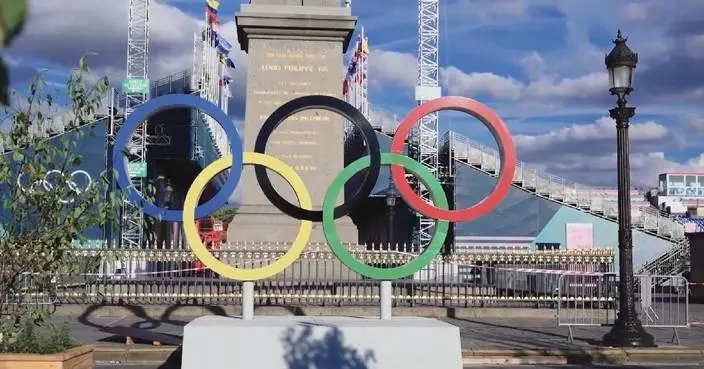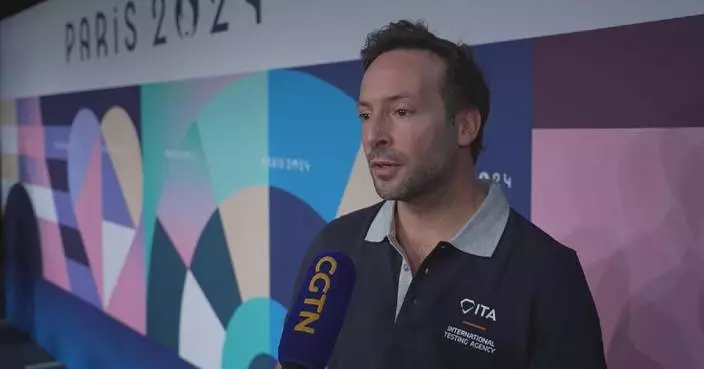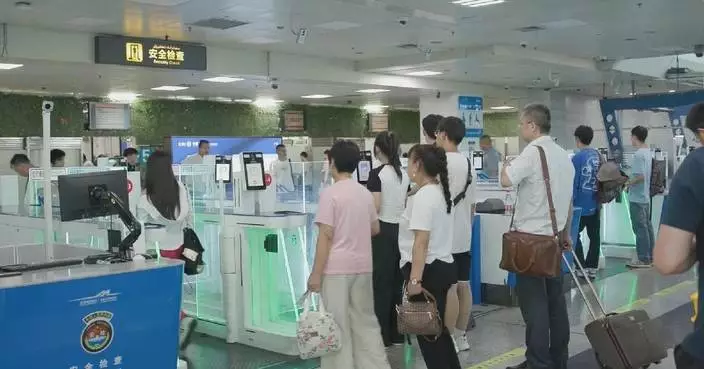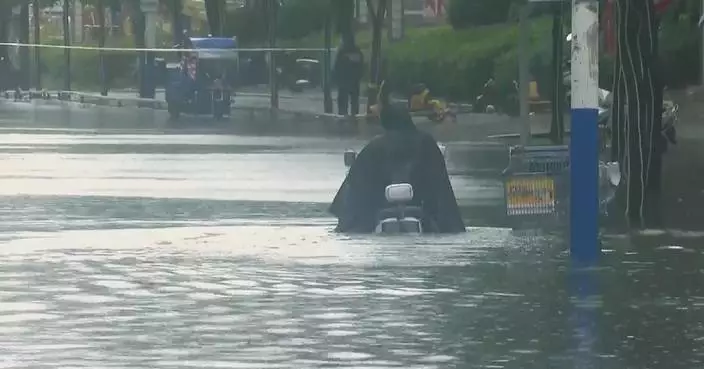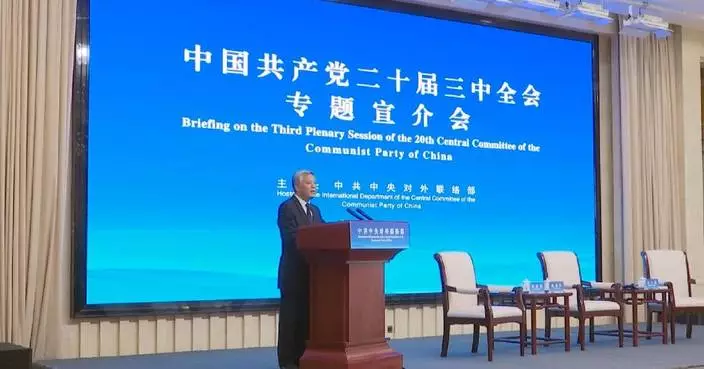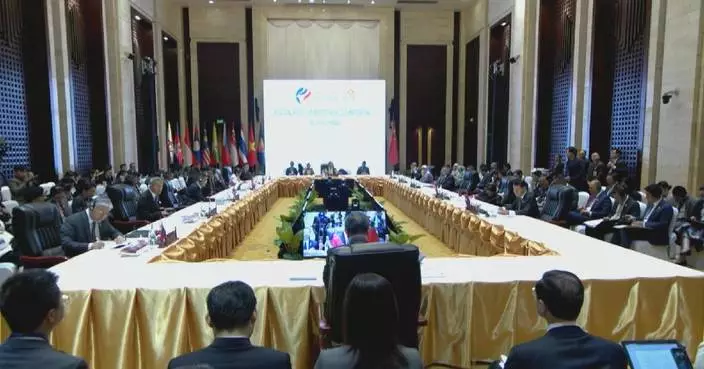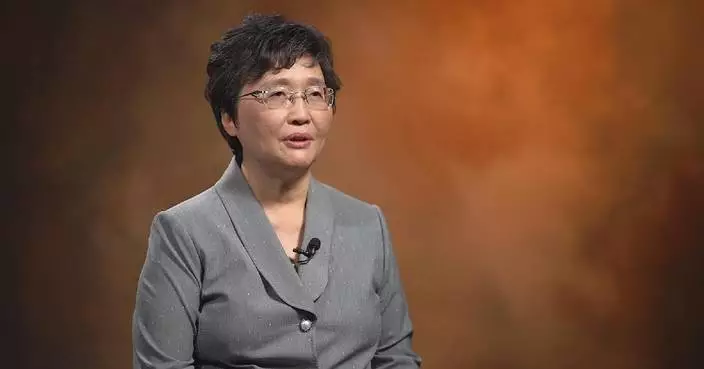A Chinese military expert has highlighted the United States' self-contradiction when it comes to its 'freedom of navigation' claims on the South China Sea, accusing the U.S. of hypocrisy in pushing a law it hasn't even ratified in part of its attempts to challenge others.
In an interview with the China Global Television Network (CGTN), Zhou Bo, a research fellow at the Center for International Security and Strategy (CISS) of Tsinghua University and also a retired senior colonel, noted the irony of how the U.S. is not even a party to the United Nations Convention on the Law of the Sea (UNCLOS) yet frequently seeks to challenge others in the name of the law.
"This is very much ironic because both China and the United States agree to this concept of freedom of navigation and over flight, which is a basic concept in international maritime law. But then, we disagree on many other aspects of this concept. For example, who can conduct freedom of navigation operations? Is that just the military ships or any other ships? All these issues are not specified in the UN Convention on the Law of the Sea. So the Americans would argue, ‘you see, it has not specified that military aircraft and ships should be excluded'. Well, China says that even if these are included, [just] look at other articles. For example, in doing so, these countries performing these kinds of operations must show due regard to the rights and interests of littoral states," said Zhou.
"The United States has not ratified the UN Convention on the Law of Sea. Therefore, my question for them is very simple. If the law is so good, why don't you ratify it like China, like other countries? And if it is not so good, then why would you challenge others in the name of the law?" he said.
Zhou pointed out that how U.S. carries out frequent reconnaissance missions under the pretext of the freedom of navigation principle, which are ultimately dangerous and detrimental to China's interests.
"There could be collisions, it's just as simple as that because this is exactly what happened in the past. We've come to talk about Americans close-in reconnaissance and surveillance, there are more than a few thousand times in a year. How can a few thousand times be considered due regard to the rights and interests of littoral states. They are [in] total disregard," he said.
Zhou also highlighted how China places emphasis on the combined concept of 'an quan' - meaning both 'security' and 'safety' - which stands in contrast to the U.S., which presses ahead with its own operations while handing out safety warnings to others.
"Chinese would talk about security because China would believe that this kind of close-in reconnaissance and surveillance by American aircraft and ships are fundamentally detrimental to China's interests. Therefore, you are infringing upon China's security. But the United States would believe that they are totally entitled to do all these kind of freedom of navigation operations or reconnaissance or surveillance. And so, they warned China against creating situations that would not become safe for the sailors or air crews or ships and aircraft," said the expert.
Zhou also raised concerns that American and Chinese aircraft and ships are at risk of colliding in the future as long as the U.S. insists on sending its craft and vessels into the South China Sea.
"The biggest danger is American and Chinese aircraft or ships collide with one another. Let me make it clear, neither side wants this to happen, but still this might happen because Americans keep sending in aircraft and ships to come. Then the question is very simple, if you do not want the water to boil, why would you throw the wood into the fire? Anyway, it is near China's doorstep. Yes, [China] sometimes sends ships to sail elsewhere, including in the waters near Hawaii, but that is in line with the international law. We sail through there, but we would not [come] chanting 'freedom of navigation', that I came here just to challenge you," said Zhou.
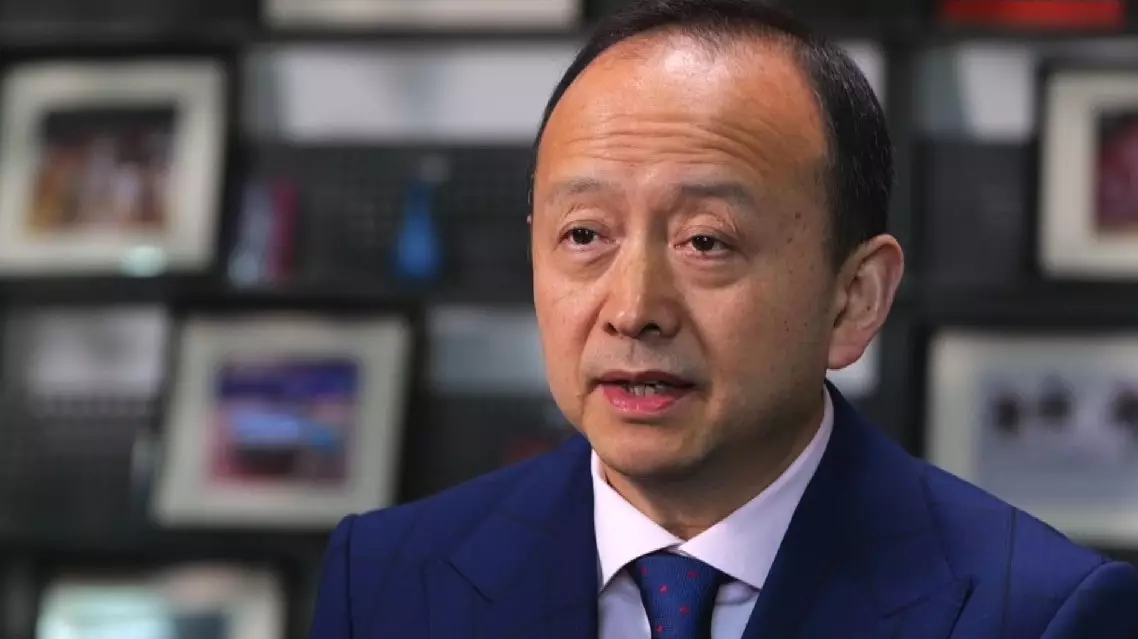
Retired Chinese colonel highlights irony of US 'freedom of navigation' claims in South China Sea



